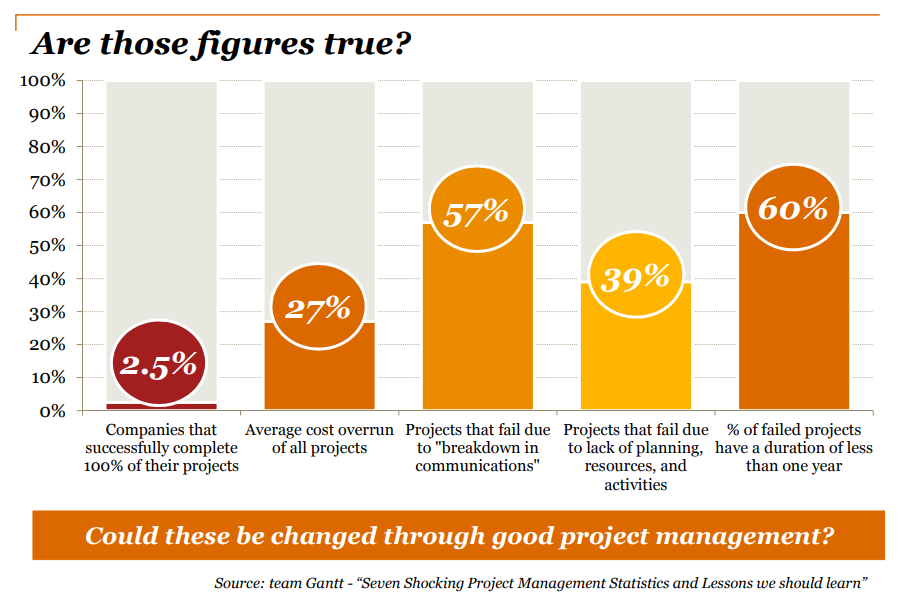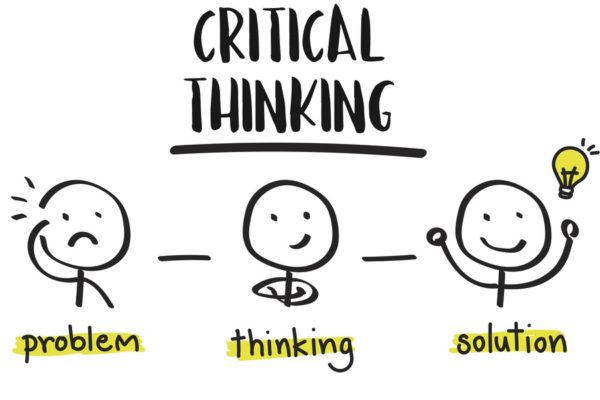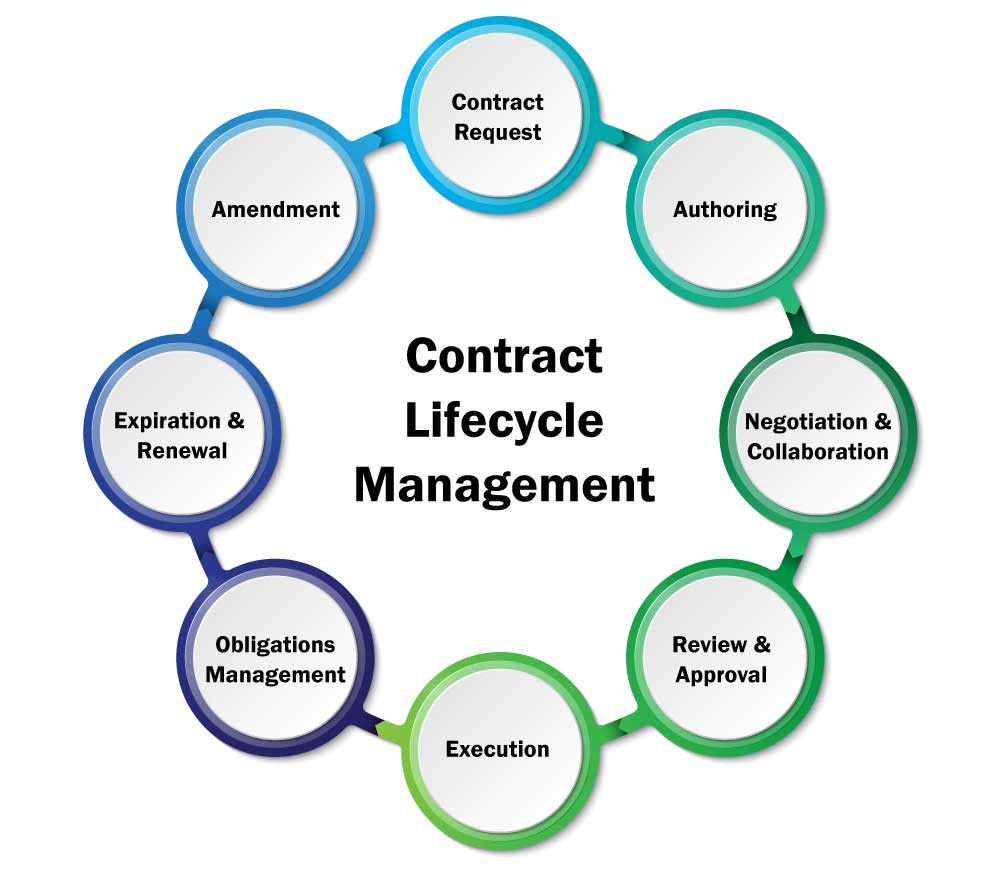Top 4 Must Have Skills For A Project Manager
According to studies conducted by PWC, 77% of the high performing companies realise the importance of project management but only 2.5% are able to complete all the projects. Despite having all team members on board, the low productivity rate has to be explained by the Project Manager, who couldn’t plan the right course of actions or overlooked the breakdown in communications.

As simple and self-explanatory the term Project Manager sounds, his/her duty involves lots of multi-tasking and diversified knowledge in numerous areas.
Let’s find out a few skills required by a successful Project Manager and understand his/her position in a team.
Critical Thinking
Yes. That’s the Number 1.
Any activity or job requires pre-planned measures to avoid any end moment hustles or dead ends. A strategic course of action has to be laid down by the project manager to ensure the rapid development of the overall team. Thorough researches on the problem at hand and spotting possible future hurdles are expected to be done by the PMs. Arising technologies to make the process easier or having an eye for other projects laid on similar terms should also be the focus points.
A project manager, like a critical thinker, must analyse the situation by answering the main 6 W questions
- What
- When
- Where
- Why
- Who
- How
While all other queries can be examined easily, recognising the factors of why and who is essential. The motive of the employer, the employee and the project should be clear to the project manager. This will ensure that an appropriate role is assigned to all the teammates and also timely highlight whether a member is to be added (or removed) to bridge the differences.

Technical Skills
But aren’t they required just by the software engineers? The answer is no.
Basic technological and system knowledge is a necessity in today’s world since most of the work involves the use of one software or another. If a project is completely software-based, like in case of web development, familiarity with technological tools being used will improve your communications with your team-mates so that you can examine the level project has reached and further improvise it. Project Managers even need to be acquainted with basic technical tools like Excel to maintain records of teammates’ performance or track the documentation of the project(s).
Many times, Project Managers need to discover innovative communication or interactive tools (like ClickUp or Wrike) to engage both with their clients and team members and make the tasks innovative. Knowledge of basic technical skills will overall help in managing the limited time frame effectively.

Leadership Qualities
Many workplaces are not able to incorporate this elementary yet indispensable technique.
While control over your team is necessary, the thin line between a boss and a leader should never be crossed as a project manager. Communicating your ideas and in return listening to the ideas of your colleagues is important. A project manager should keep an unbiased opinion for the team members and help the team adapt to newly introduced logical ideas between the projects. A project manager must have a good rapport with his team and keep them motivated by resolving any issues faced during the project.
Leadership skills are developed over time, with experience, and can not be instilled instantly. A person beginning with the position of Project Manager needs to build trust and faith with his teammates by keeping a cool-head and open mind.

Contract Management
The client or stakeholders demand the project assigned within a limited time frame and budget. The role of surveying all the business aspects of the project and calculating the risks involved (risk analysis) in its operations and executions rests upon the Project Manager.
The business analysis includes checking the scalability and viability of a project and transferring or allocating the required resources to the team members. Monitoring the budget at every step is beneficial since it limits the expenditure to the threshold of financial estimates. A defined set of operational and statistical metrics can play a functional role to support the project and stakeholders’ decision making. Project manager’s negotiation skills or the ability to provide an alternative to solutions play a vital part in fixing the financial estimates.

Verdict
Project Managers act as a link between the employer, who needs the project and employees, who work on the project. That link needs to be strong but flexible enough to encompass the flow of information and resources from both sides and deliver a refined satisfactory outcome as the end product.
Help us improve this content by editing this page on GitHub